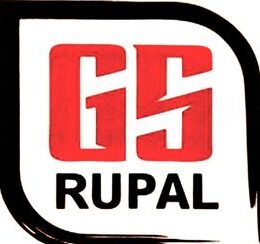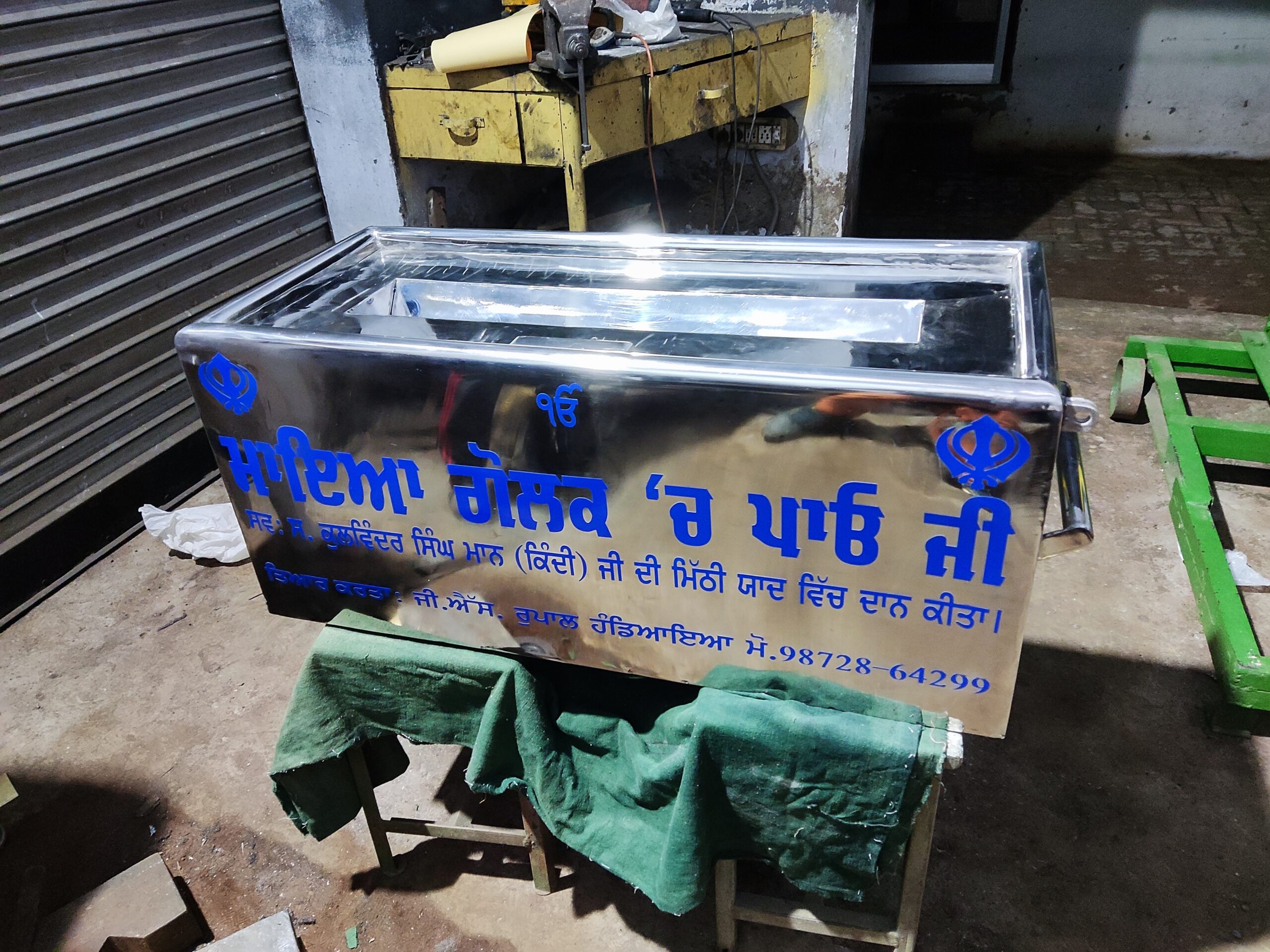Golak (ਗੋਲਕ) is a significant concept in Sikhism, deeply rooted in the traditions of seva (selfless service) and the principle of community welfare. In its literal sense, Golak refers to a donation box or a collection vessel typically found in Gurdwaras, the Sikh places of worship. Devotees contribute money or offerings into the Golak as a gesture of humility, gratitude, and support for the community’s collective needs. The funds collected in the Golak are used for various purposes, including the maintenance of the Gurdwara, organizing langar (community kitchen) where free meals are served to all visitors regardless of their background, supporting educational and social welfare programs, and aiding those in need.
The practice of contributing to the Golak is not just a financial transaction but is seen as an act of devotion and an expression of one’s commitment to the values of Sikhism. It embodies the spirit of Dasvandh, the principle of donating a portion of one’s earnings (traditionally one-tenth) to support the community and the less fortunate. This act of giving reinforces the Sikh ideals of equality, charity, and collective responsibility.
Furthermore, Golak serves as a reminder of the importance of collective effort in sustaining the spiritual and communal life of Sikhs. It reflects the communal harmony and the shared responsibility of every individual in the community to contribute towards the common good. The funds in the Golak are managed transparently by the Gurdwara committees, ensuring that they are utilized effectively for the welfare of the Sangat (congregation) and the broader society.
In a broader sense, the concept of Golak can also be interpreted as a metaphor for the reservoir of goodwill, kindness, and resources that each individual can contribute to the world. It encourages Sikhs to live a life of generosity, to give not just money, but also time, energy, and compassion to others. This philosophy of giving and sharing is central to the Sikh way of life, promoting a sense of interconnectedness and mutual support within the community.

